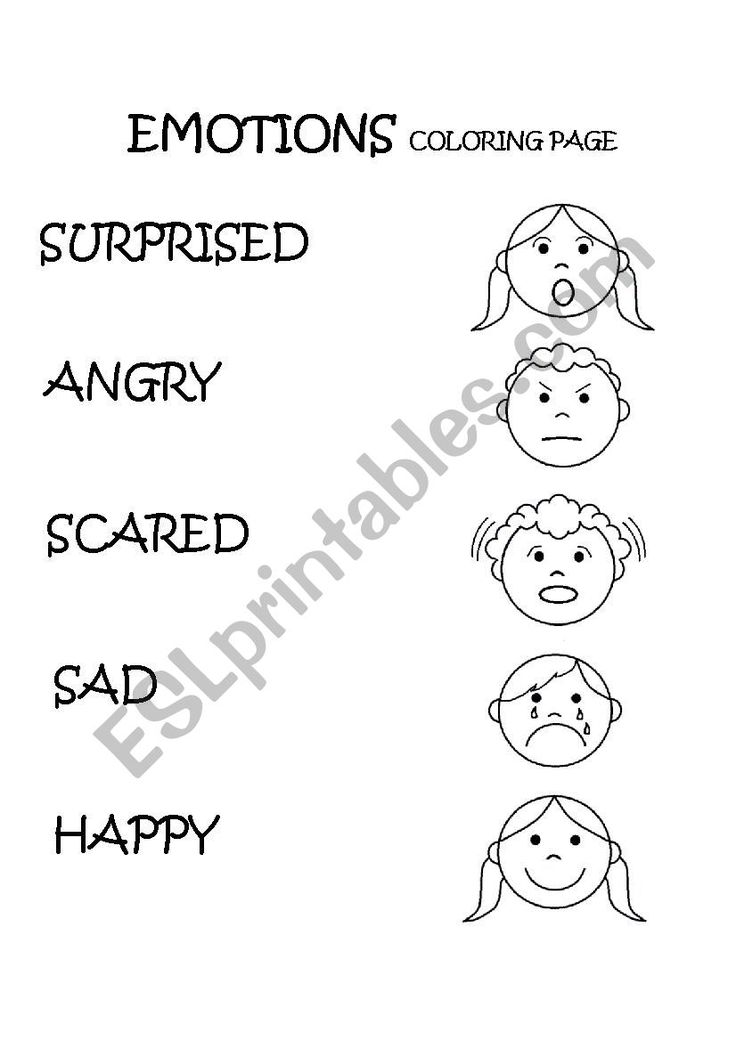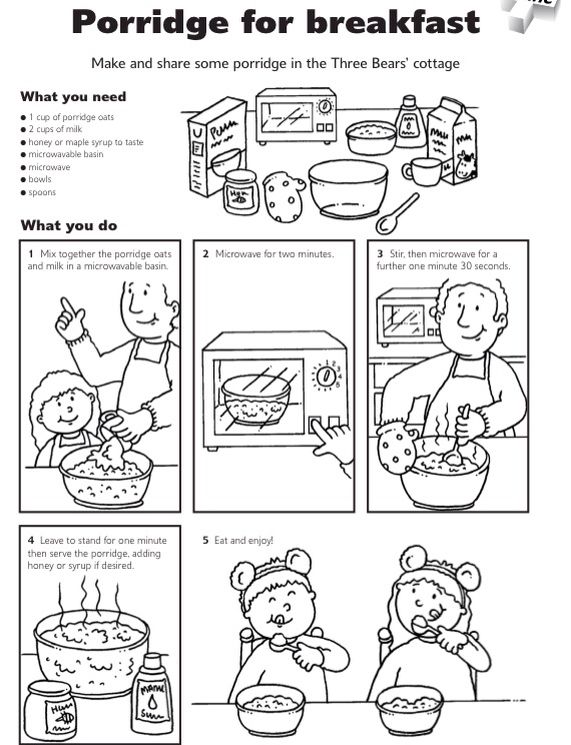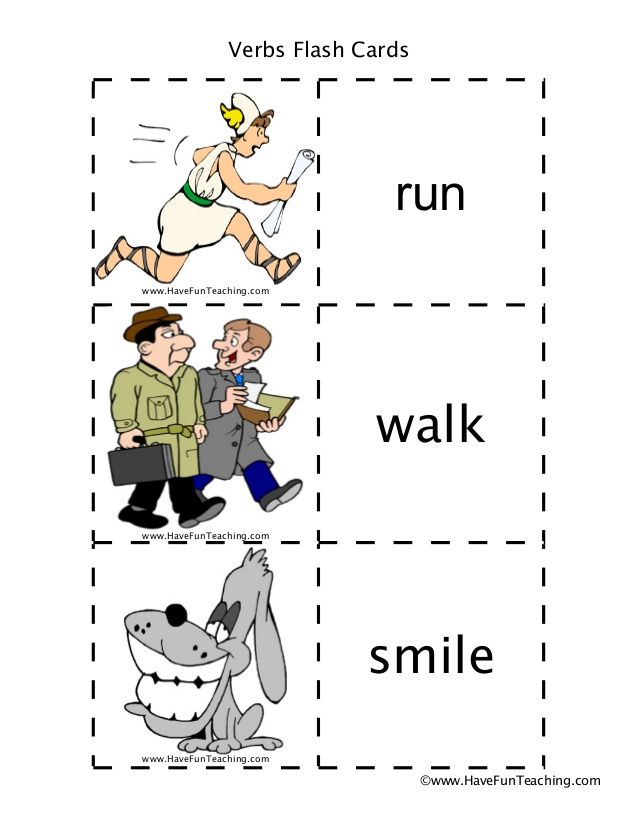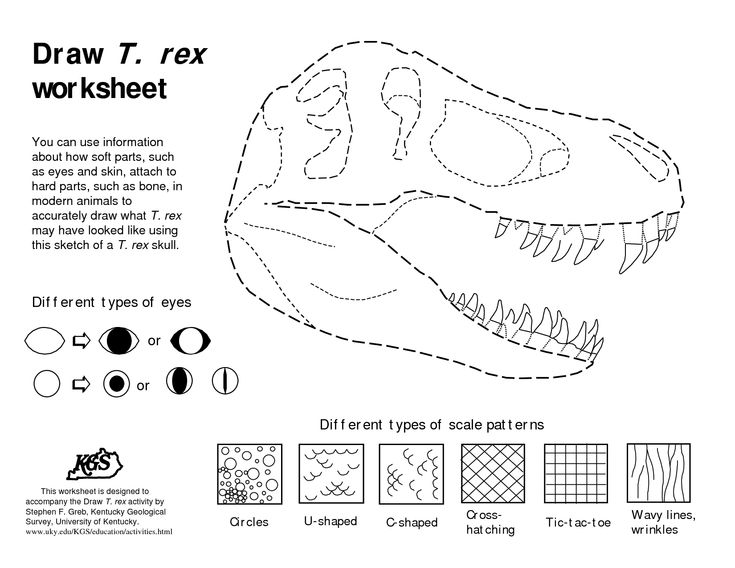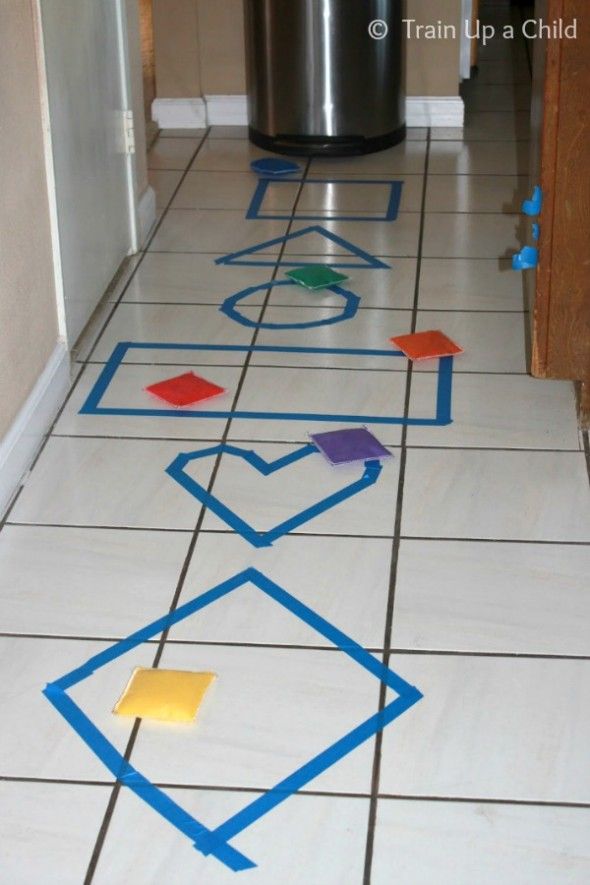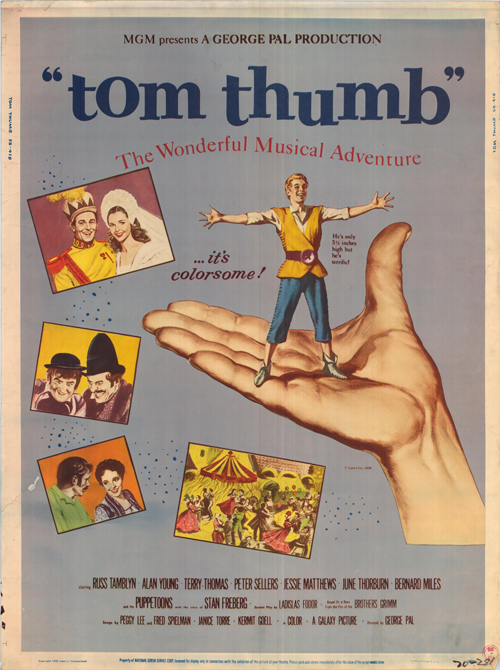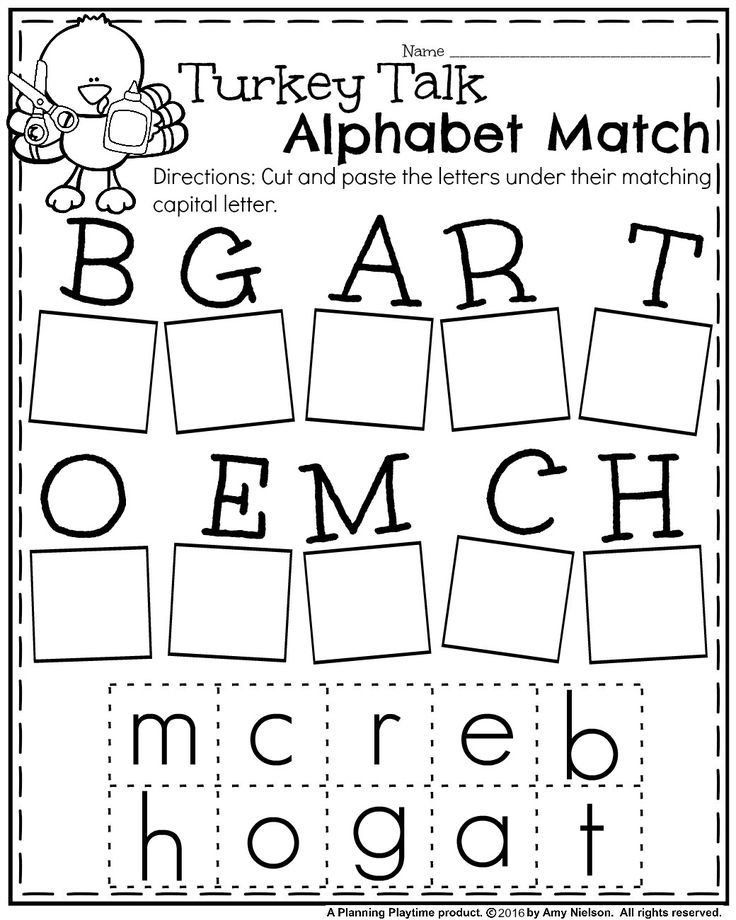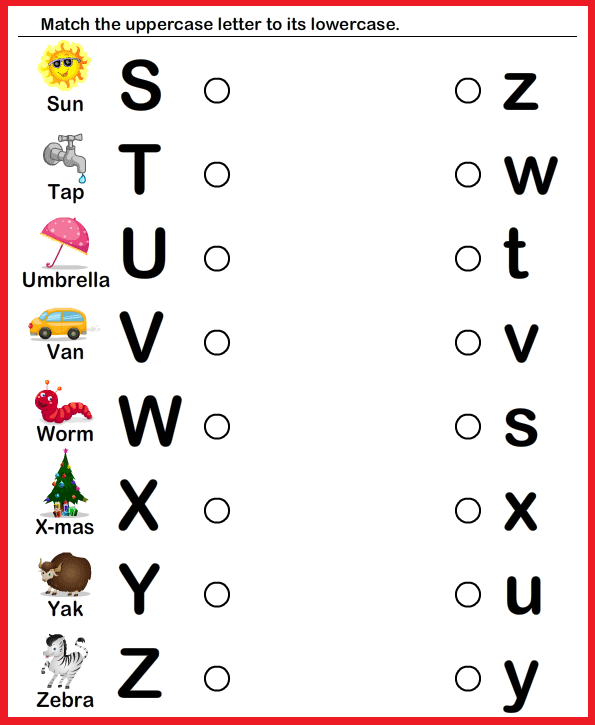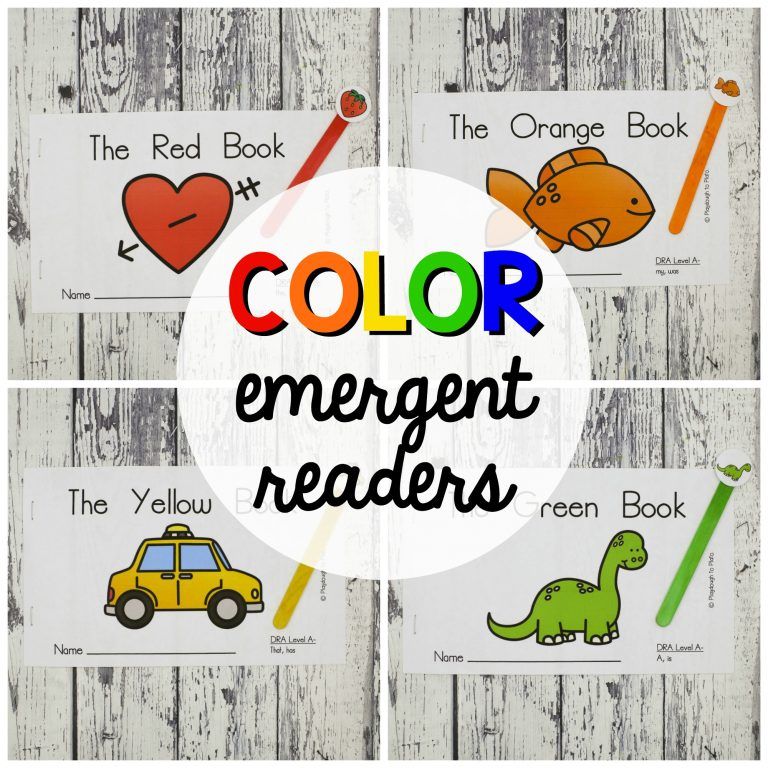Child skips words when reading
Help! My Child Skips Small Words When Reading (3 Helpful Tips)
by Marie Rippel
Does your child skip small words when he’s reading?
Skipping small words is actually a very common problem that we usually notice when our children are reading aloud, but the truth is that many adults skip words as well.
Interestingly, the most commonly skipped words are small, high-frequency words such as the, in, on, a, and of.
These are function words that a child cannot visualize, and since the sentence can still be comprehended without them, the words are easily skimmed over.
In addition, shorter words are much more likely to be skipped than longer words, and predictable words are more likely to be skipped than non-predictable words.
Why Do Readers Skip Small Words?
When I first explored the reasons for skipping small words while reading, I was surprised to find out how much research has been done on this topic. Generally, researchers wanted to study the way the eyes move during the process of reading: how they track, how they jump forward to the next word or phrase, and how much text is taken in at a single glance.
I’ve cited the research at the bottom of this post, but for our purposes, the main thing we need to know is this:
As a person reads, their eyes jump forward to the next word or phrase, and in this process, small words can be missed.
Longer words or unusual short words grab our attention, while smaller common words are more likely to go unnoticed.
In addition to the scientific explanation, there are several other reasons a child may skip words:
- Your child may be reading too fast. Children who read too quickly tend to think that “good readers are really fast readers.” But skipping small words is just one of the many issues that can crop up if a child reads too fast.
- Your child’s eyes are moving faster than he can say the words. If this is the case, he may have actually seen the word, but he didn’t actually speak it aloud. People speak at a rate of approximately 180 words per minute, while the average person can silently read 230 words per minute.
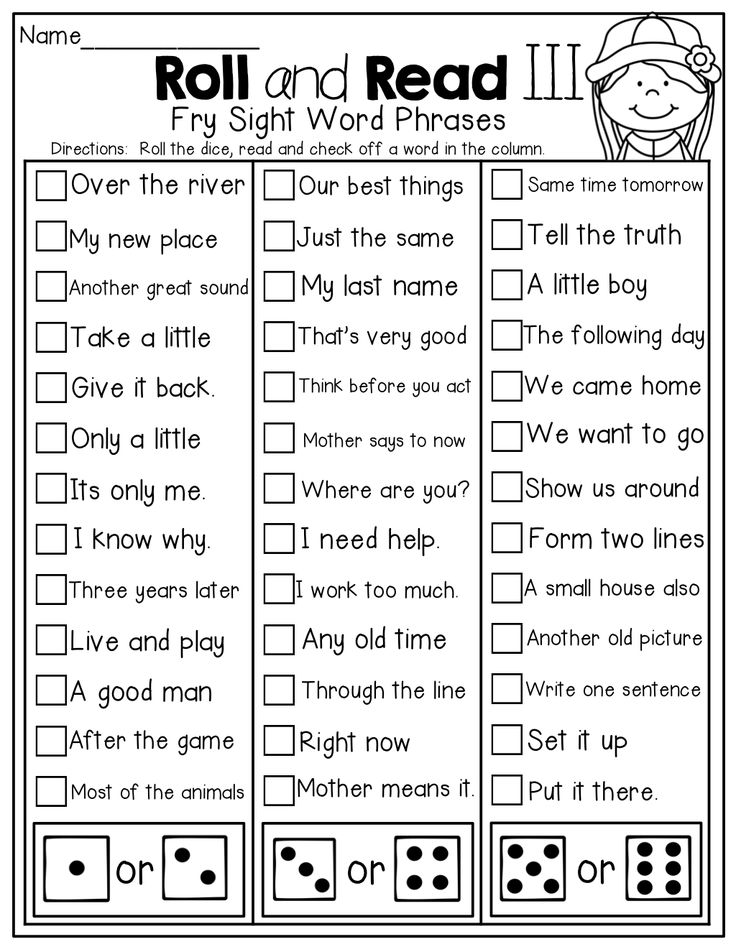
- Your child may have vision problems. There is a vision issue called convergence insufficiency disorder. With this vision disorder, the eyes have great difficulty focusing, and small words are often skipped.
- Your child may have dyslexia. Skipping words can be a symptom of dyslexia. If you suspect dyslexia, this checklist may be helpful.
- Your child may be unable to decode the words. If you point out the skipped word, is he able to read it? If not, the real problem may be that the reading material is above his comfortable reading level. He may need additional instruction in phonics and decoding.
- Your child has suddenly begun to skip small words. Some children who were previously reading small words with no problem may suddenly begin skipping them. This can be a natural occurrence as your child is developing as a reader. He may be moving from the beginning stage of reading one word at a time to the more advanced stage of taking in a phrase at a time.
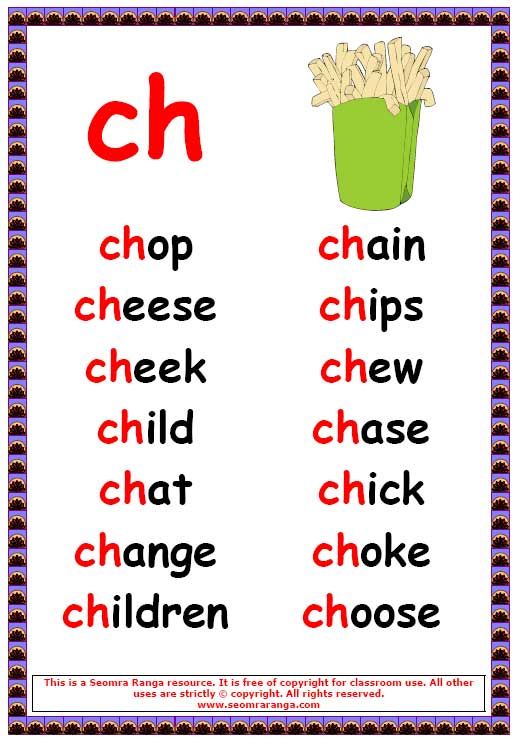 This could solve itself in a few weeks as your child figures out the best speed for smooth reading.
This could solve itself in a few weeks as your child figures out the best speed for smooth reading.
3 Ways to Remedy This Problem
If your child doesn’t have a vision or decoding problem, the tips below will help your student pay attention to smaller words when reading.
- Have your child point to each word as he reads it. He shouldn’t just slide his finger under the sentence—he should actually point to the word being read. After he stops skipping words, discontinue this practice.
- Record your child reading and play back the audio. This may help him recognize the fact that he is skipping words as he is reading.
- When your child skips a word, ask him if the sentence he just read makes sense. Then have him reread the sentence again to see if he can correct the issue.
The Bottom Line on Skipping Small Words
- Word skipping is a common scenario that happens to children and adults.
- Children skip words for many reasons.
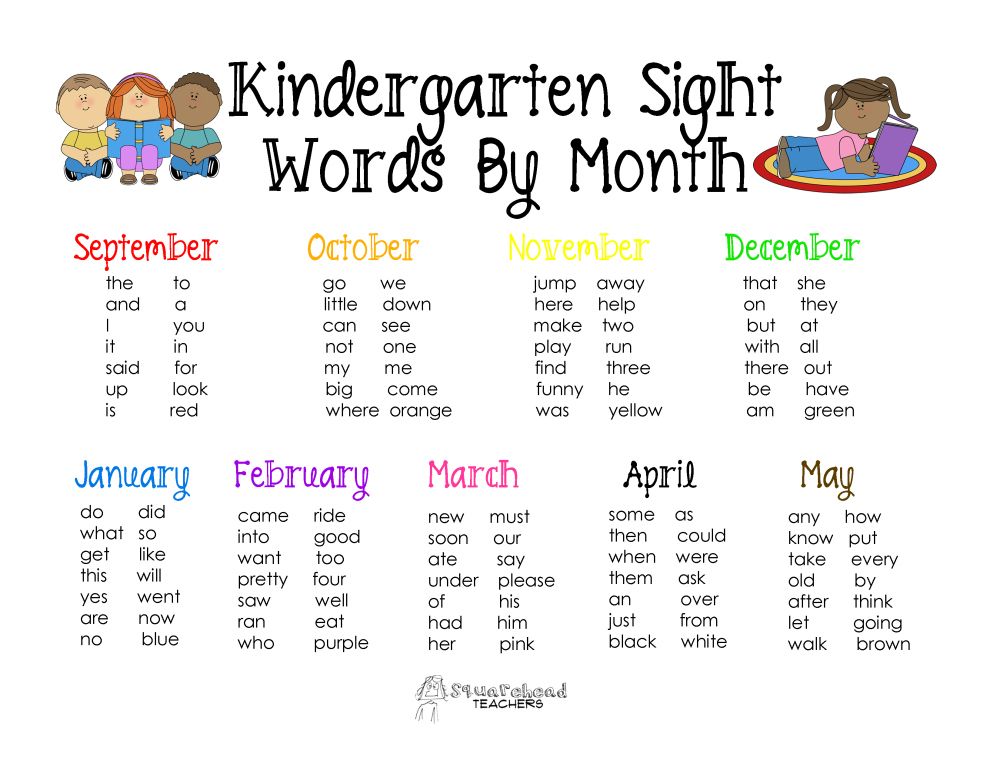
- The solution will depend on the reason behind the word skipping, but there are many ways to remedy this issue.
Read Research on Word Skipping
Brysbaert M, Drieghe D, Vitu F. (2005). Word skipping: Implications for theories of eye movement control in reading. In: Underwood G, editor. Cognitive processes in eye guidance (pp. 53-77). Oxford, England: Oxford University Press.
Choi, W., & Gordon, P. C. (2014). Word skipping during sentence reading: effects of lexicality on parafoveal processing. Attention, Perception & Psychophysics, 76(1).
Drieghe D., Rayner K., & Pollatsek A. (2005). Eye movements and word skipping during reading revisited. Journal of Experimental Psychology: Human Perception and Performance, 31, 954–969.
Ehrlich, SF & Rayner K. (1981). Contextual effects on word recognition and eye movements during reading. Journal of Verbal Learning and Verbal Behavior, 20, 641–655.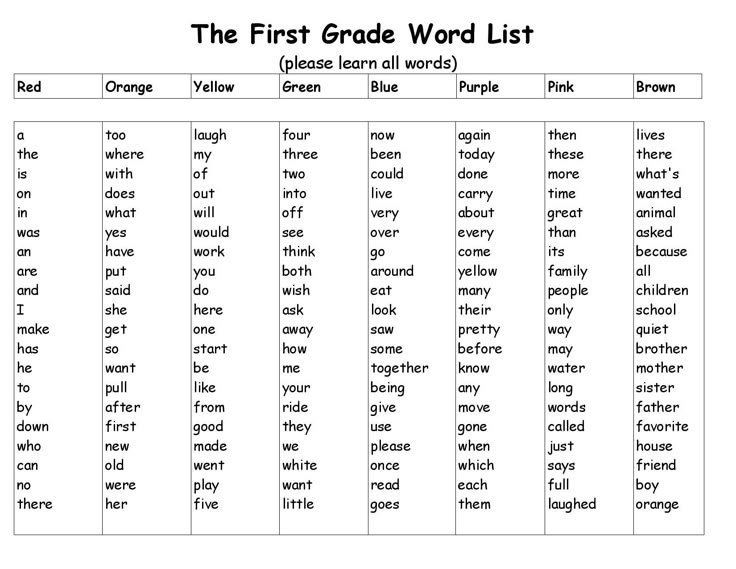
Fitzsimmons, G. & Drieghe, D. (2011). The influence of number of syllables on word skipping during reading. Psychonomic Bulletin & Review, 18, 736–741.
Hyönä J. (1995). Do irregular letter combinations attract readers’ attention? Evidence from fixation locations in words. Journal of Experimental Psychology: Human Perception and Performance, 21, 68–81.
Rayner K., Slattery, T.J., Drieghe, D., & Liversedge, S.P. (2011). Eye movements and word skipping during reading: Effects of word length and predictability. Journal of Experimental Psychology: Human Perception and Performance, 37, 514–528.
Does your child skip words when he is reading? Have you discovered any helpful tips?
Photo credit: Rachel Neumann
Does Your Kid Skip Words Or Lines While Reading? Here's Why
A careful evaluation of your child’s reading skills is essential to know if he is facing any problems in this aspect.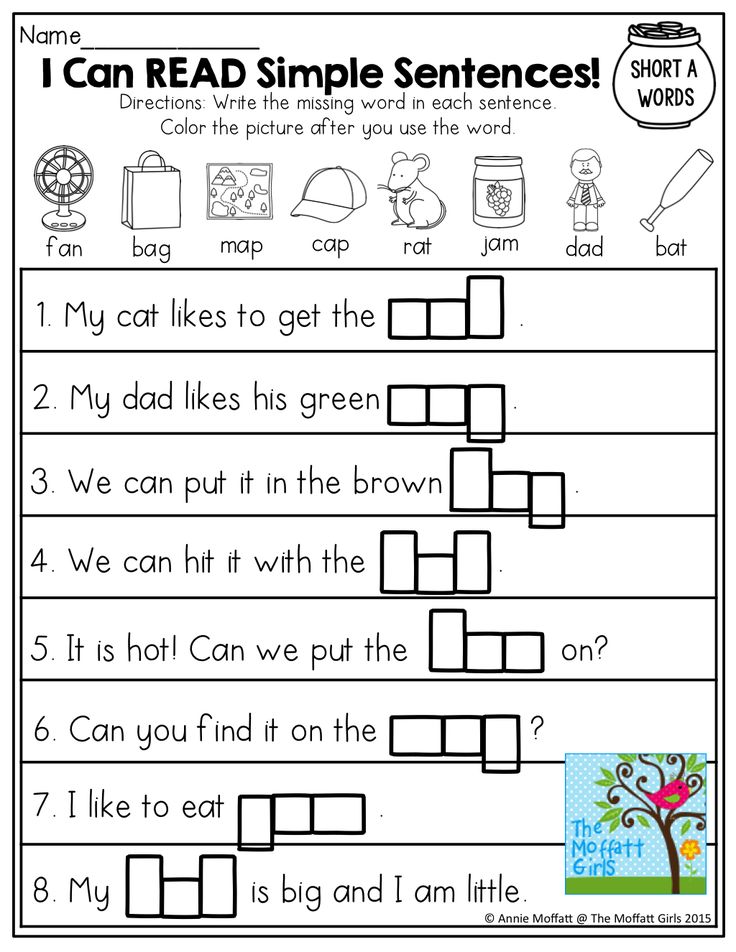 If you notice that he skips words or lines while reading, it may be more than just carelessness or disinterest. The actual reason behind this issue could be a visual processing problem such as poor eye tracking skills, Auditory processing disorder (APD), Dyslexia or even Attention-deficit hyperactivity disorder (ADHD). These reading issues are explained below:
If you notice that he skips words or lines while reading, it may be more than just carelessness or disinterest. The actual reason behind this issue could be a visual processing problem such as poor eye tracking skills, Auditory processing disorder (APD), Dyslexia or even Attention-deficit hyperactivity disorder (ADHD). These reading issues are explained below:
- Visual Processing Issues: Kids have difficulty in reading words and lines in the correct order. Other signs include blurry or double vision.
- Auditory Processing Disorder (APD): This disorder affects a kid’s ability to process the information he hears. Such a child is not able to follow a story being read by another person. Distinguishing between similar looking letters is also a troublesome task.
- Dyslexia: Kids affected by Dyslexia have difficulty in recognizing letters and associating them with the sounds they make. They easily forget the words they have already learnt and may also skip words while reading.
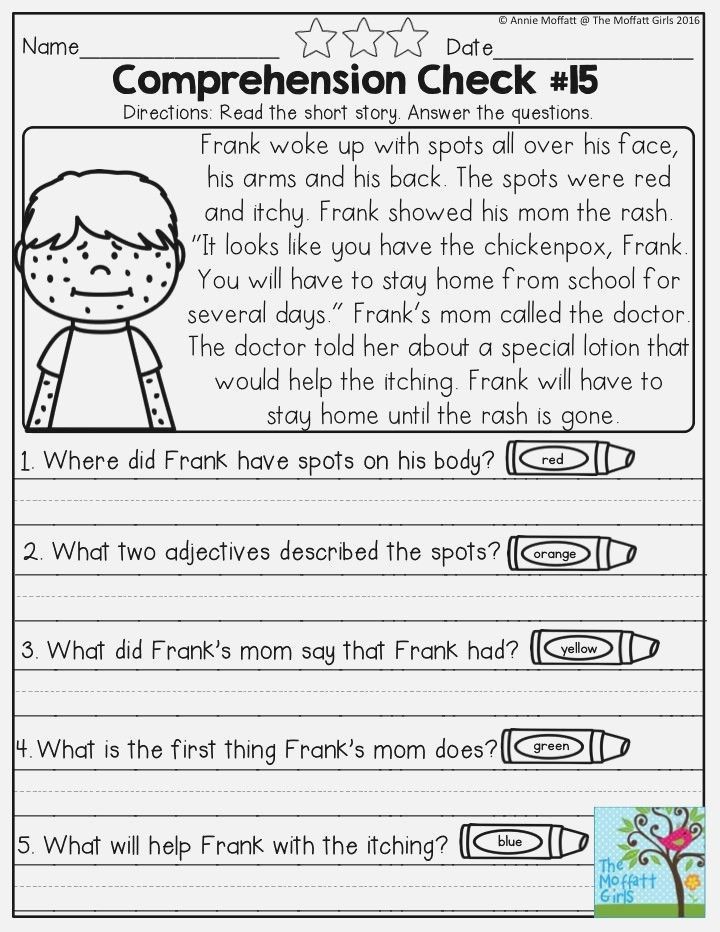
- Attention-deficit hyperactivity disorder (ADHD): This condition makes it difficult for kids to focus while reading something. Such kids might also behave restlessly due to irritation.
However, there are a number of ways in which you can assist your child in taking his reading skills to a higher level. Some of these have been listed below:
- Understand your child’s requirements: Firstly, it is essential to understand that your child has trouble with reading and requires help. Know in detail about his condition and gather as much information as you can. This will help you determine the best ways to increase his reading skills.
- Read along together: It is crucial that you read along loudly with your child to help him improve his reading skills. It will also be a big confidence booster for him as he can practice reading without thinking about it as an impossible task.
- Choose an interesting topic: If your child gets to read a topic of his interest, he is more likely to make extra effort.
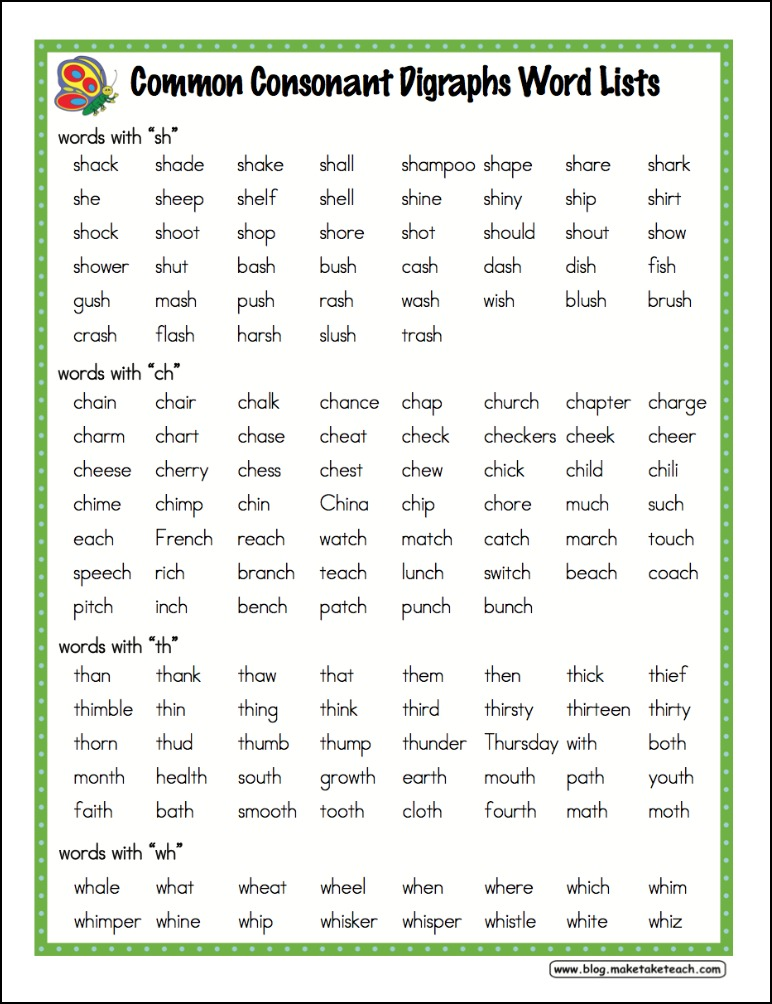 Encourage him to read anything he likes – be it books, comics, magazines or even websites. This can make reading a fun and exciting activity.
Encourage him to read anything he likes – be it books, comics, magazines or even websites. This can make reading a fun and exciting activity. - Utilize reading tools: There are some research-based physical reading tools that can be utilized to overcome your child’s reading problems. You may opt for reading strips or spell-checkers to assist your child in reading. There are also a number of online games that can make reading a fun activity for your kid.
- Use audiobooks: You can get audiobooks from the local library or simply access them online. When a child listens to a book while looking at the words simultaneously, he can connect the words and sounds in a better way. This eventually helps in development of his reading skills.
See-N-Read Reading Tools have been specifically designed to increase reading skills in kids as well as adults. To know more about the reading tools, visit our website http://www.see-n-read.com/ or call at (630) 236 – 5592.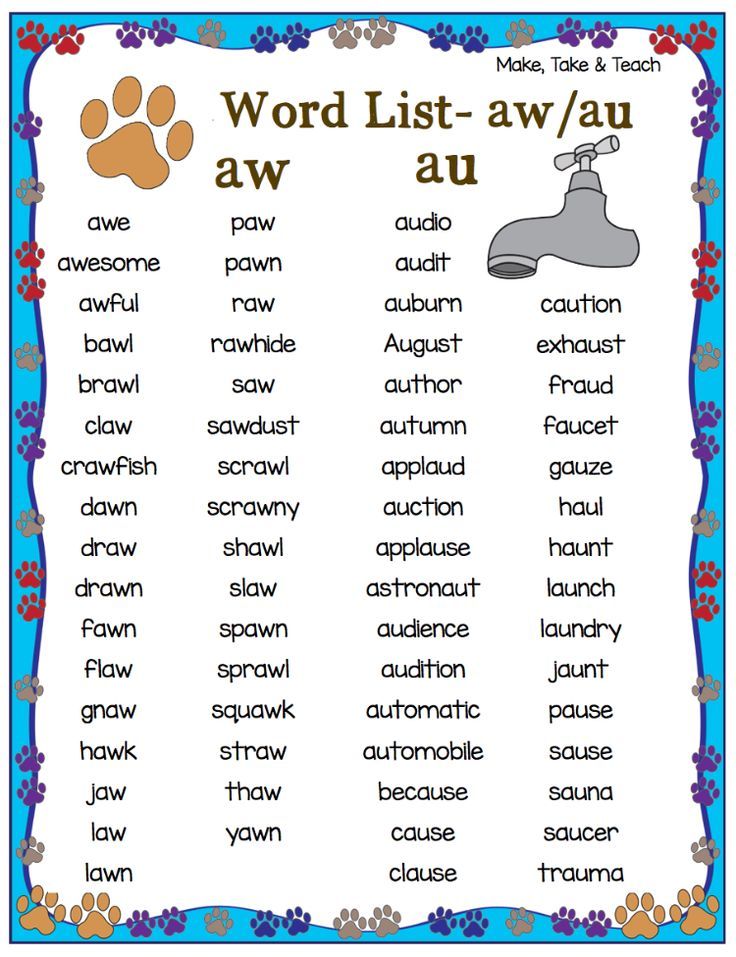
A child confuses letters when reading: reasons and what to do
Almost every child sometimes confuses letters when reading. This outwardly harmless problem at first glance can hide serious speech disorders.
Quite often, parents and teachers at school notice that a child confuses letters when reading, and sometimes makes mistakes while writing the most elementary words. Many accuse the baby of distraction and laziness. But the problem is much deeper.
The problem arises due to psychological, neurological or physiological disorders. Initially, the baby will simply mispronounce the words, but later the problem will affect the process of reading, writing, mathematics, and academic performance in general, which will entail a string of difficult consequences.
Article content:
- Inattention or real problem?
- Reasons for confusing letters
- Corrective exercises
Carelessness or a real problem?
Before you worry, you need to determine whether this is due to inattention, the child's illness, overwork, or a real problem.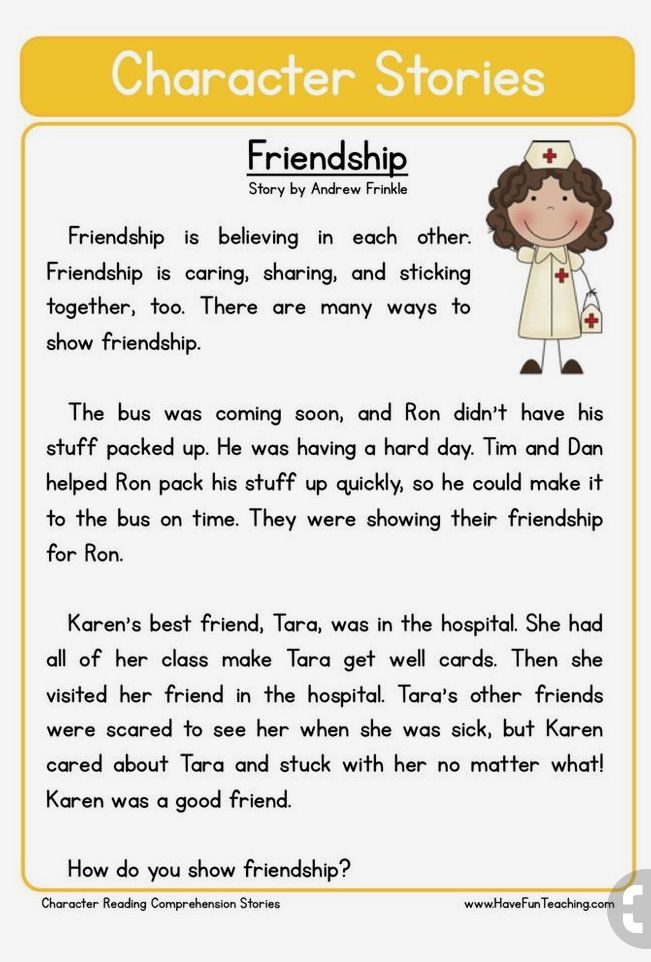 To do this, you need to observe the child as he reads and writes. If, when reading, he sometimes forgets letters, and while writing, he confuses similar characters, because he has just begun to study these letters or remembers them after a summer holiday - there is no reason for concern.
To do this, you need to observe the child as he reads and writes. If, when reading, he sometimes forgets letters, and while writing, he confuses similar characters, because he has just begun to study these letters or remembers them after a summer holiday - there is no reason for concern.
Another case is if the child cannot read the word, because he constantly forgets the letters, and also does not remember how and in which direction to write them. If such errors are persistent, then these may be signs of dyslexia (problems with reading) or dysgraphia (difficulty in writing).
Dyslexia is a common problem, the main characteristic of which is an incomplete reading disorder - a child reads, but constantly makes the same mistakes. He can skip letters, syllables or whole words, add new signs to words, confuse them in places. Often children simply do not distinguish certain sounds, cannot reproduce them and use them not only in oral speech, but also in writing or reading.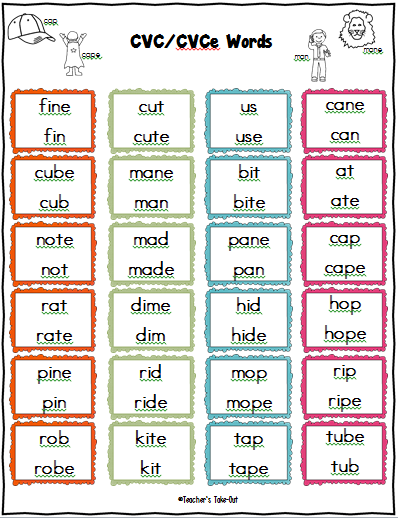 Very often, a child has not only dyslexia, but also dysgraphia.
Very often, a child has not only dyslexia, but also dysgraphia.
Dysgraphia is a persistent impairment in children's ability to write. If a child confuses and swaps syllables and letters when writing, this can cause him to become illiterate in the future. Very often, such children have illegible handwriting due to constant doubts about the spelling of specific letters, syllables or words. They may not capitalize or put punctuation marks at the end of sentences.
Children with dysgraphia in high school try to write in small sentences, while using the minimum number of words, but they still make mistakes. For them, the lessons in which you need to write become painful, so they often skip them. They begin to feel a sense of inferiority, which leads to the development of complexes and aggression in the future. In advanced cases, over time, teenagers become outcasts in the team.
How to understand that the rearrangement of letters is a sign of a problem? You need to pay attention to the following:
- Children confuse similar letters when reading or writing them.
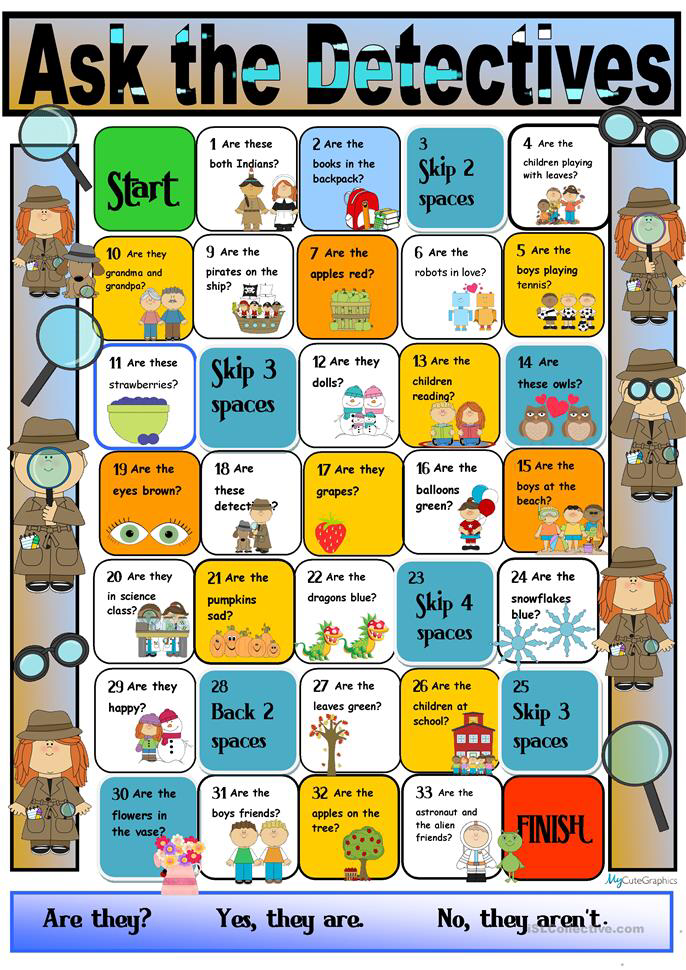 For example: p-t, b-d, o-y, and-y and others;
For example: p-t, b-d, o-y, and-y and others; - Impaired sound pronunciation is reflected in the processes of writing and reading - children incorrectly pronounce or confuse certain sounds, therefore they replace or skip them when writing and reading.
- If children do not read fluently, but skip, rearrange, replace letters and words, do not indent between words, swallow endings when reading and writing, then we can talk about the presence of dysgraphic and dyslexic problems.
- Children may make mistakes due to difficulties in writing and reading soft and hard consonants, in designating them in writing with iotized vowels (e, e, u, i) or a soft sign.
If you notice such problems, I recommend that you seek the advice of a speech therapist. He will diagnose the speech development of the child and say whether the rearrangement of letters during reading or writing is a violation, or is it just overwork. If this is a violation, the speech therapist will tell you about all the ways to solve the problem.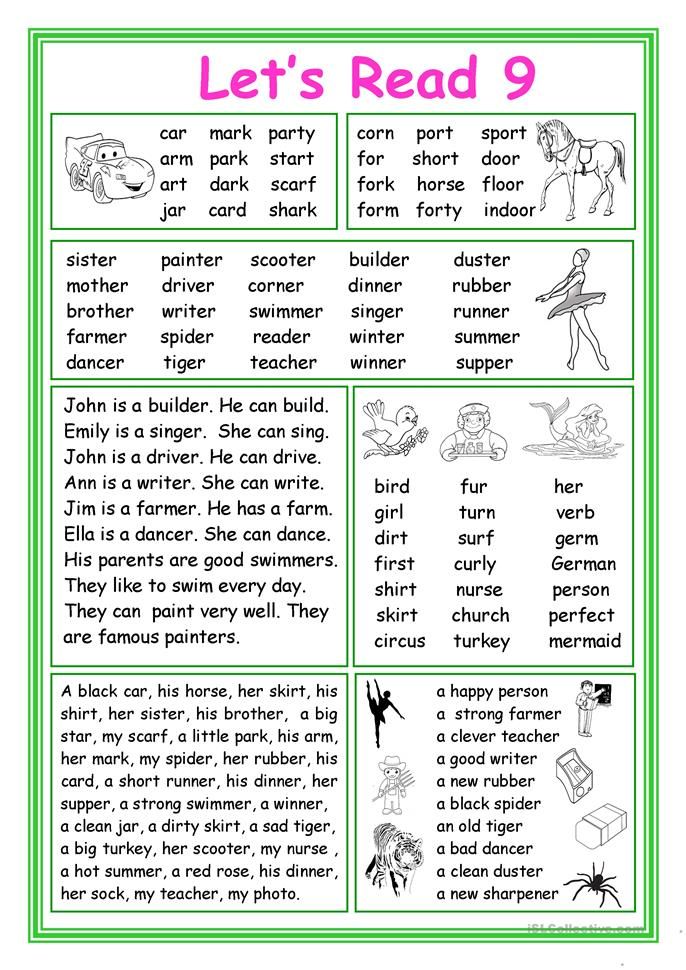
Causes of letter confusion
It is difficult for children to learn to read and write. During training, 4 analyzers are involved:
- Speech motor - is responsible for the correct pronunciation of words and sounds.
- Speech Hearing - is responsible for determining and selecting the desired sound.
- Visual - determines the desired letter.
- Motor - determines how to write a letter correctly.
The development and formation of speech, the ability to correctly pronounce all sounds, the perception and reproduction of words - all this fully affects the process of teaching a child to write and read. The parietal-occipital-temporal region of the brain is responsible for speech and writing, which is fully formed only by the age of 10 years.
It is especially difficult to learn to read for children who have problems pronouncing and distinguishing similar sounds. This is due to insufficiently developed phonemic processes, as a result of which the child does not know how to pronounce the problematic sound correctly.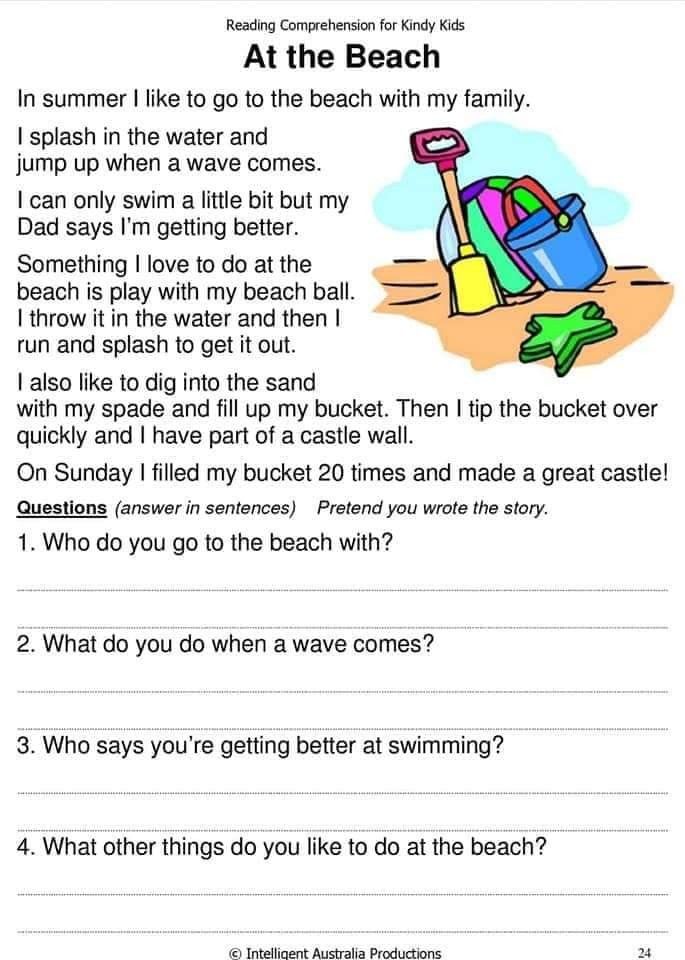 To teach a baby with such a violation to read and write should be after the formation of the correct sound pronunciation.
To teach a baby with such a violation to read and write should be after the formation of the correct sound pronunciation.
There is also a special vision for letters. Just seeing well is not enough to learn how to write. With the help of this feeling, the baby learns to memorize and then correctly reproduce the letters. He must be intellectually developed, have good speech hearing and vision so that the process of learning to write and read does not constitute any particular difficulties.
The physiological characteristics of the child can affect the appearance of such problems. Sometimes there is a violation associated with the uneven development of the cerebral hemispheres, as a result of which the less developed part of the organ will perform its functions worse. In each hemisphere there are centers that are responsible for different abilities of the body (reading, speech, vision, hearing, smell).
Often parents are faced with the problem of mirror writing letters.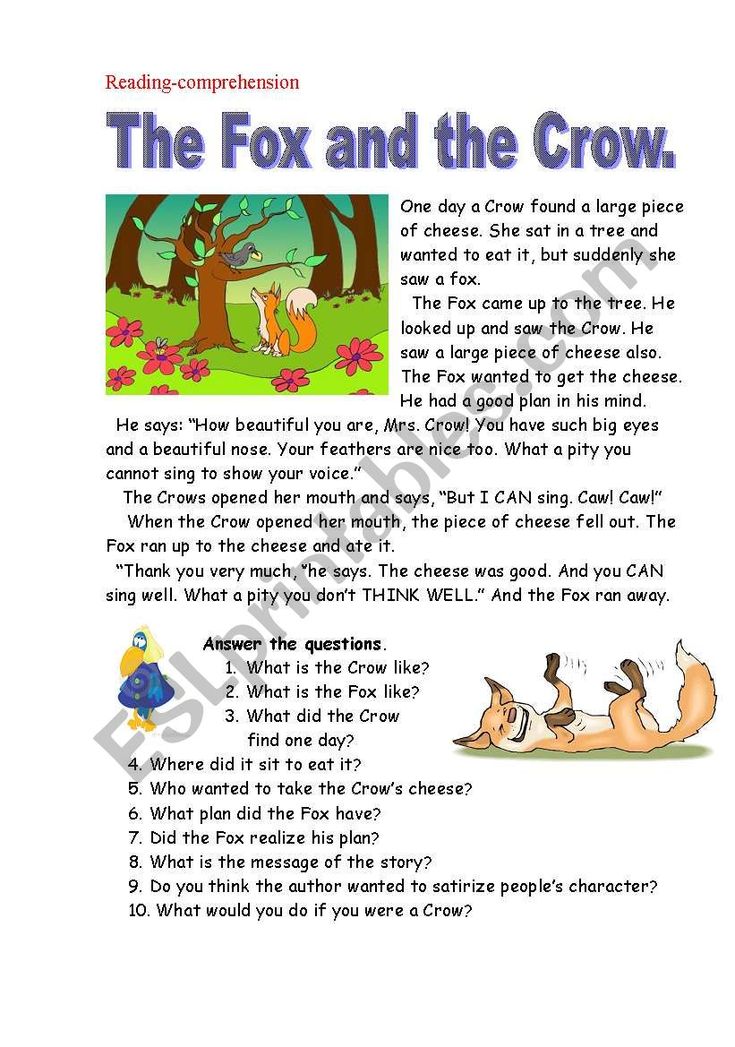 There can be many reasons for this feature, but most often speech therapists diagnose left-handedness. A person can be latent or openly left-handed, and such people are characterized by mirror writing.
There can be many reasons for this feature, but most often speech therapists diagnose left-handedness. A person can be latent or openly left-handed, and such people are characterized by mirror writing.
There is a hereditary tendency to rearrange letters while reading. If parents or other close family members had difficulty learning to write or read, there is a good chance that the child will also have difficulty learning to read or write.
There are cases when the problem itself goes away, the child outgrows it and then studies normally without outside help. But there are other situations in which the problem starts and a person experiences serious difficulties already in adulthood.
It can also be caused by a number of physiological and genetic disorders. In this case, the child is characterized by normal mental development. In the future, he may be successful in any field of science, but he will have big problems with writing and reading.
Dysgraphia and dyslexia can appear in stubborn children when there is no harmony and connection between mother and child in the family.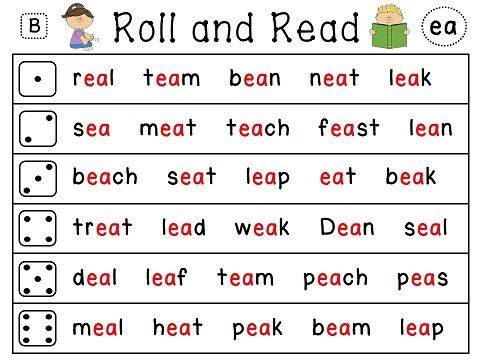 For example, if a baby is force-fed, against his will, in the future he will refuse to study, resist the teacher and mother, protesting.
For example, if a baby is force-fed, against his will, in the future he will refuse to study, resist the teacher and mother, protesting.
If a child has problems with concentration, it is difficult for him to follow the line when reading. The consequence is a rearrangement of letters in words and words in sentences. It is necessary to train the ability to concentrate attention on objects, to do exercises for the visual muscles.
Corrective exercises
If you have been diagnosed with dyslexia and / or dysgraphia due to the fact that the child confuses letters, there is no need to be upset. Children, if they try, are quite capable of correcting the situation with the help of special exercises.
A good speech therapist and specially selected home activities with the child will help here. These tasks are aimed at developing and training the correct pronunciation of sounds, speech hearing and letter vision.
During the classes, various speech therapy games are held, the articulatory apparatus and auditory attention are trained.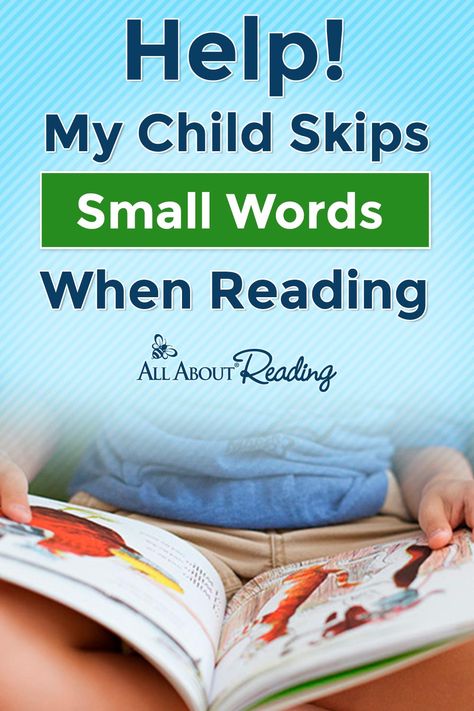 The kid is taught to pronounce complex words in syllables. The child tries to pronounce sounds correctly and match them with letters.
The kid is taught to pronounce complex words in syllables. The child tries to pronounce sounds correctly and match them with letters.
Here is an example of some of the exercises that I recommend parents do with their child on their own:
- When writing letters in a mirror, you can draw a sheet of paper into 2 parts. On one side of the sheet, an adult guesses letters that are difficult for the child (those that he confuses), and on the other side, the kid guesses them. For the best effect, the letter can be reinforced with interesting drawings of objects and objects starting with this letter.
- Make paper or plasticine letters together with the child and give them so that he guesses by touch with his eyes closed.
- Give the task to cross out or highlight all the given letters in some passage of the story. For example, with colored felt-tip pens, mark the letters "a" and "o". If you practice daily, then after 2 months the result will be noticeable.
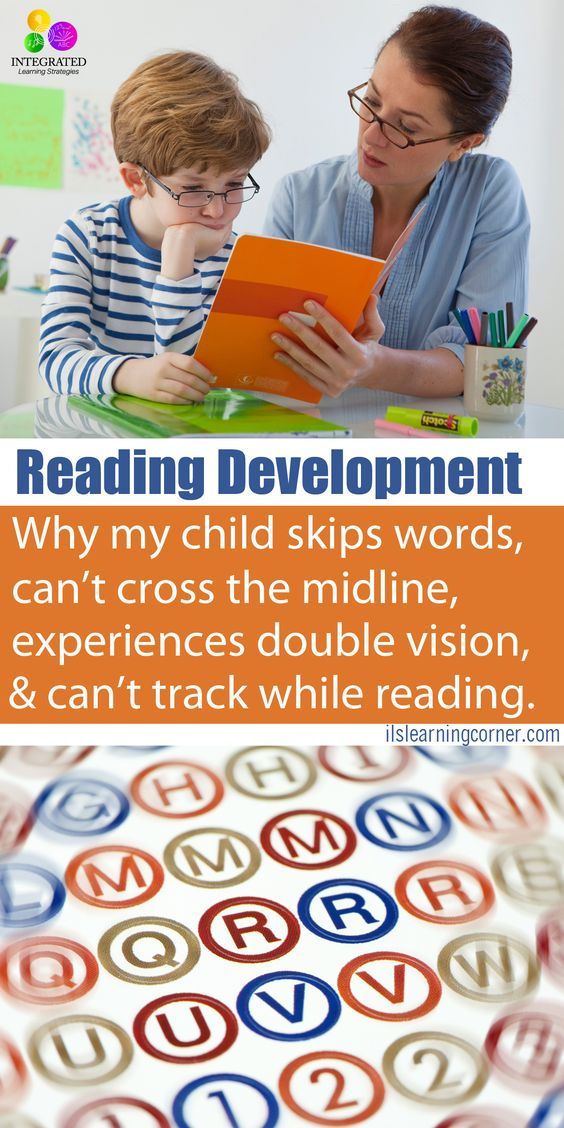
- Pencil dictations. Every day the child writes small excerpts from books with a pencil. An adult checks and writes out errors in the fields with a pen, preferably not red, without correcting anything. Then this dictation is given to the child and he himself finds and corrects mistakes. Since it is written in pencil, it will be easy to do this - he erases the mistakes and writes correctly. The brain doesn't remember misspellings.
- You can give a short excerpt from the book, so that he reads it slowly, with strongly pronounced articulation.
- It is important to teach him a few grammar rules and work them out in elementary exercises.
- If a child has trouble fixing their vision, you can come up with some interesting exercises for the eyes, for example, look at a certain toy and describe it.
You need to do articulation exercises if the problem is in the weak muscles of the lips, mouth or tongue. With its help, it will be easy to train the articulatory apparatus of the child, which will later affect the clarity of pronunciation of sounds and he will learn to pronounce them.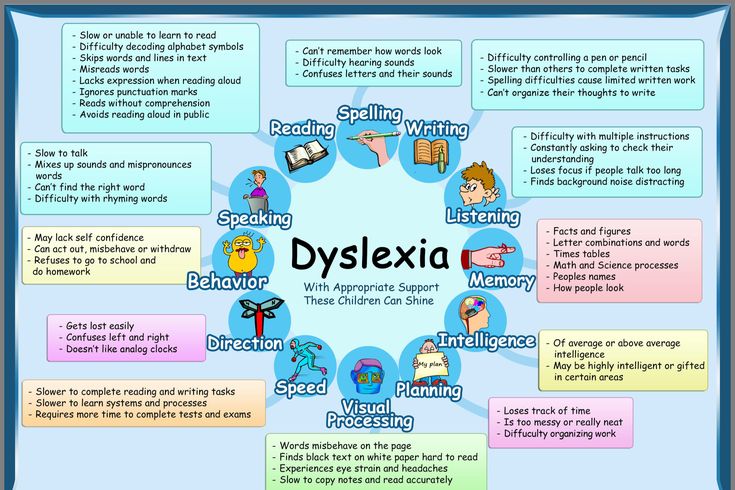
In order for the classes to be effective, it is important to remember a few rules:
- Good atmosphere. It is impossible to allow the child to close internally, then there will be no result from the classes. Therefore, during the training, everything should be calm, interesting and on a voluntary basis. If you force a child, then there will be no progress.
- You cannot openly check the reading speed. During the reading speed test, the child experiences stress. Therefore, if parents want to know how fast he reads, it is more correct to do this quietly in the form of a game.
- Emphasis should not be placed on quantity, but on quality. It is better to perform fewer exercises, but so that the child understands the very essence and really learns something, than to carry out many actions, but to no avail.
- Small achievements should not be praised. Showing your disappointment and pointing out your child's mistakes is also not worth it.
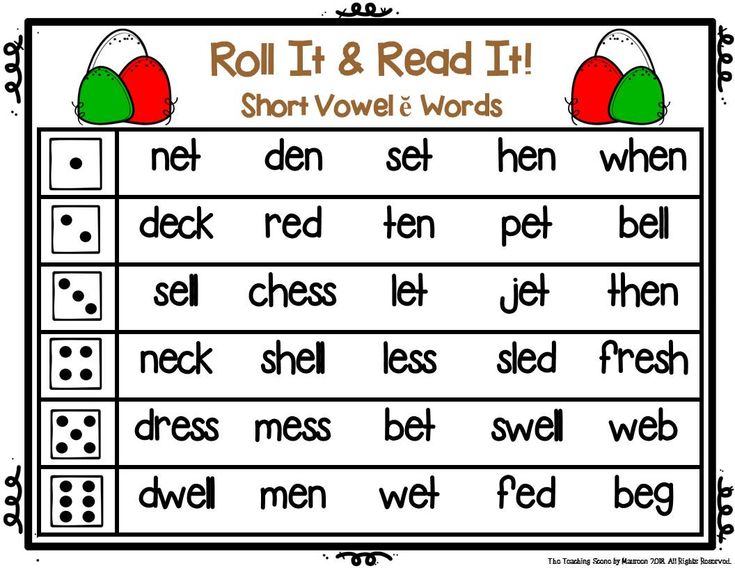 It is more correct to harmoniously conduct classes, calmly eliminate shortcomings and have maximum patience.
It is more correct to harmoniously conduct classes, calmly eliminate shortcomings and have maximum patience.
During the correction of such problems, parents should work closely with the speech therapist, since the specialist must observe the dynamics and correct the work. Under the supervision of a speech therapist, the correction of the violation occurs much faster and more comfortable for the child.
Recommend reading
Child development
August 25, 2022
Why the child refuses to go to school
Why the child does not want to go to school, the reasons for not wanting to attend classes, the severity of the problem. Possible consequences and advice from a psychologist for parents.
Speech development
September 04, 2022
At what age do you need a speech therapist, when to show the child for the first time
At what age should a child be seen by a speech therapist? How to independently determine the need for a visit, the main reasons for contacting a specialist.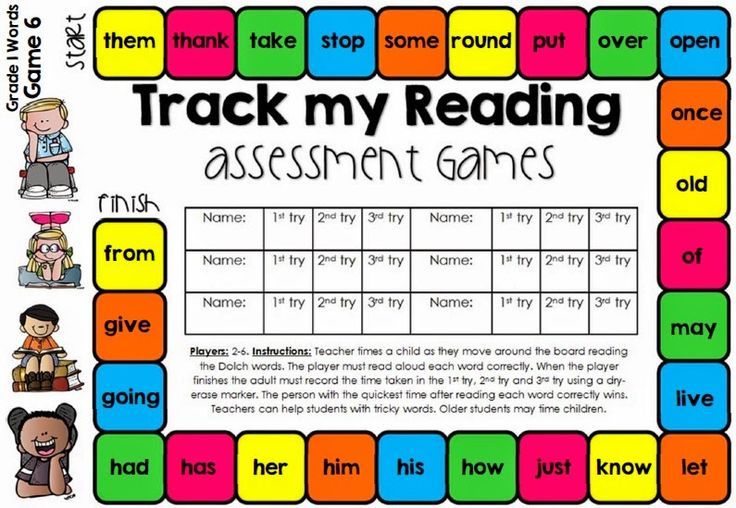
Dyslexia in a child - what to do?
Specialists of the Clinic of Psychiatry and Psychotherapy - Nikolai Voronin, a neuropsychologist, and Tatiana Kachenovskaya, a speech pathologist - told Parents magazine about what dyslexia is, why it occurs in a child and how to treat it.
What is dyslexia?
Dyslexia is a partial, specific reading disorder. It manifests itself in difficulties in identifying, recognizing letters, merging letters into syllables and syllables into words, which leads to incorrect reproduction of the sound form of a word. In addition, dyslexia is manifested in a lack of understanding of what is read. The child cannot read the word correctly, associate the letter with the sound, does not understand the text that he has read.
Types of dyslexia:
-
Phonemic. In this form of dyslexia, the child usually confuses voiced and voiceless, soft and hard, sibilant and hissing consonants, as well as similar-sounding vowels: "o", etc.
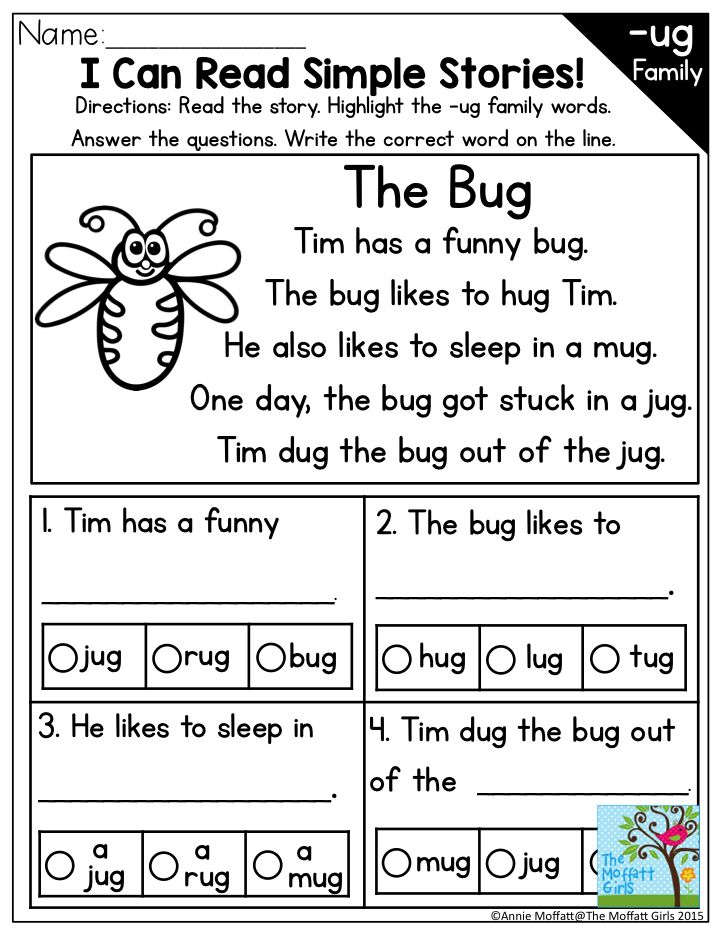 ). In addition, the child reads by letter, not by syllables, skips letters when reading, rearranges sounds and syllables.
). In addition, the child reads by letter, not by syllables, skips letters when reading, rearranges sounds and syllables. -
Semantic (so-called mechanical reading). The child reads everything correctly, but cannot understand the meaning of what he read. In the process of reading, he perceives each word separately and does not associate it with other words. He cannot combine them into a coherent sentence.
-
Agrammatical. The child cannot agree on the gender, number and case endings of nouns and adjectives, as well as the gender of past tense singular verbs: for example, “the girl sang”, “an interesting song”, “near the house”
-
Optical. Confuses similar letters or letters consisting of the same but differently arranged elements: for example, "V-Z", "N-I-P", "P-b", "b-b", etc.
-
Mnestic. The child does not know which letter corresponds to this or that sound, therefore he does not remember them.
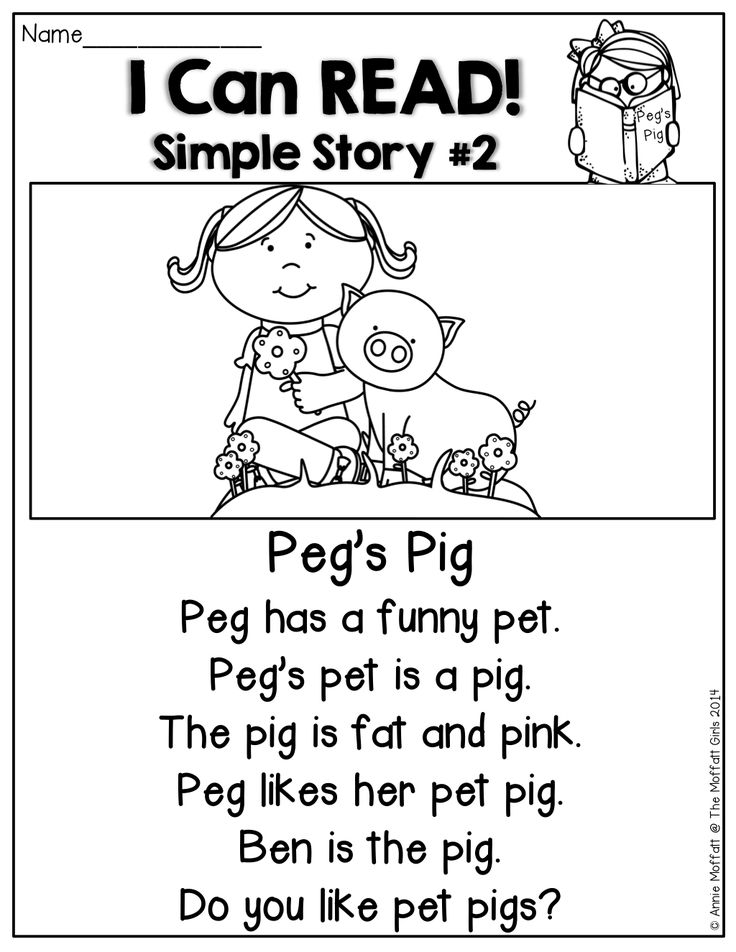
Learn more



